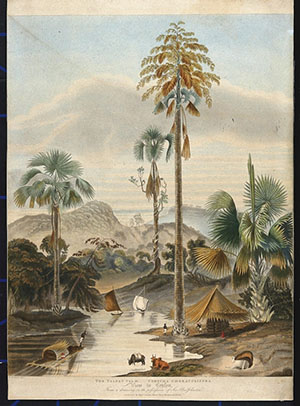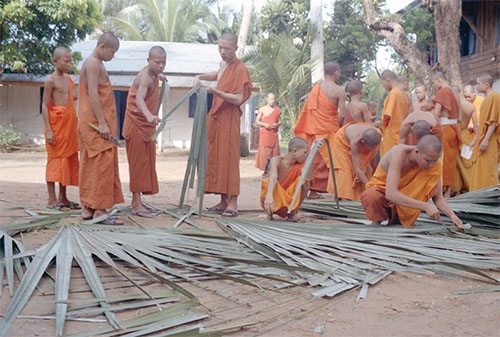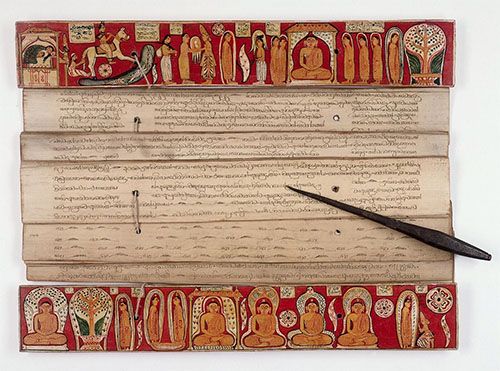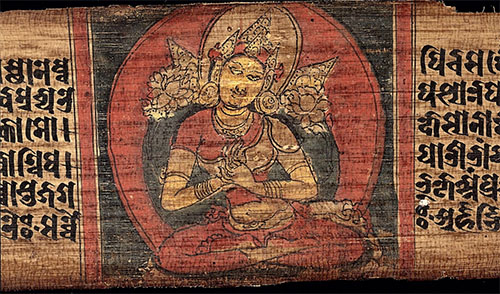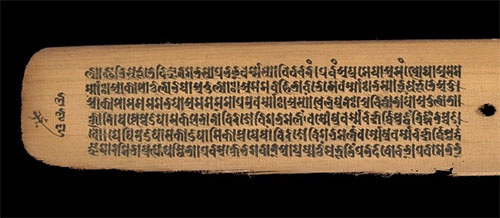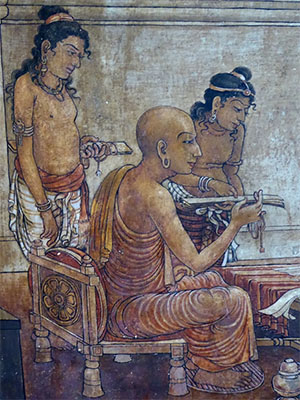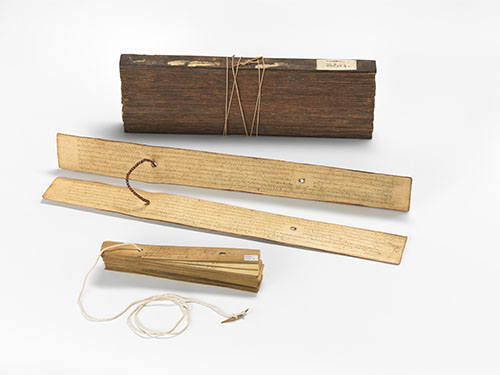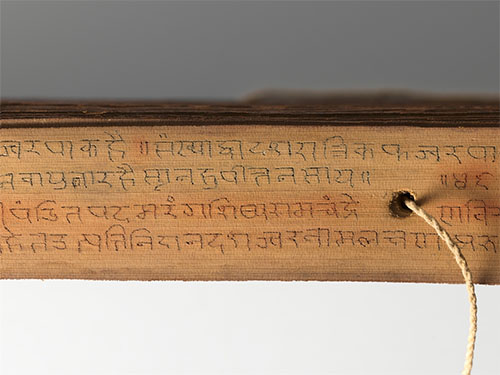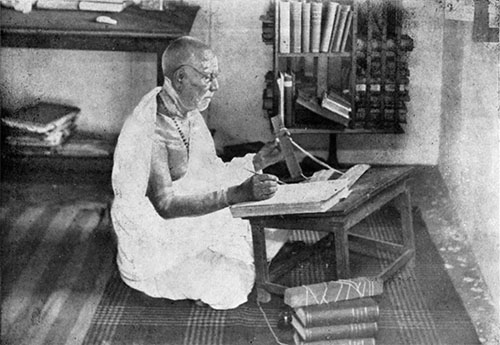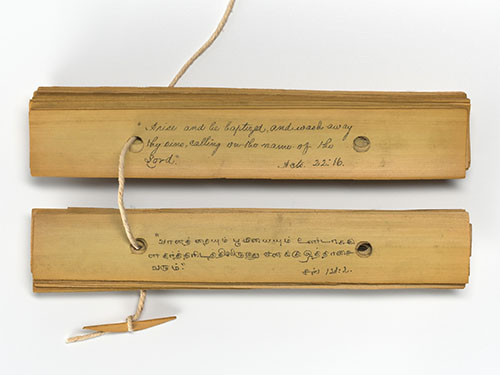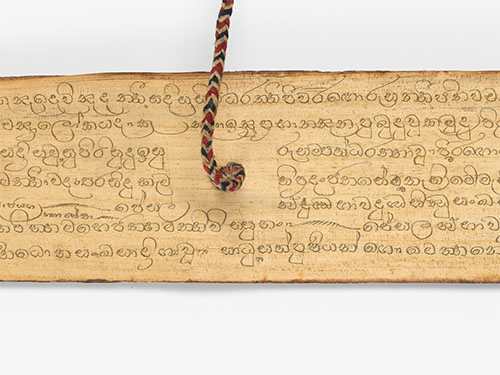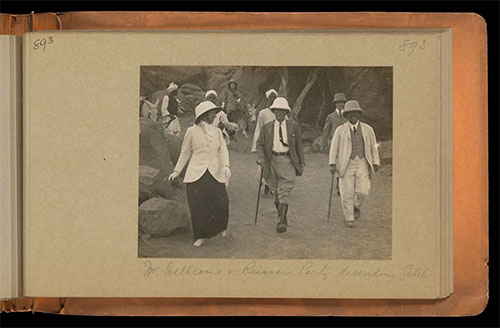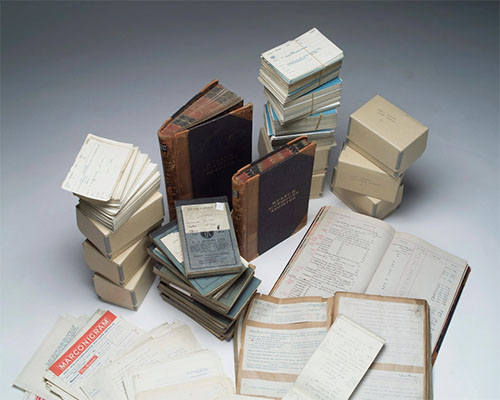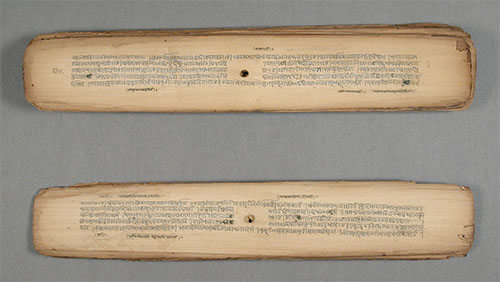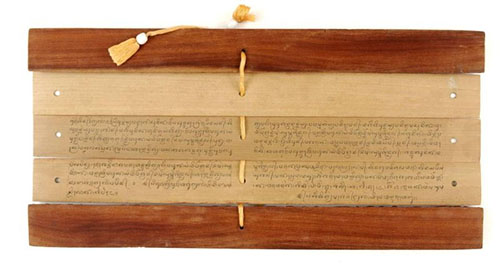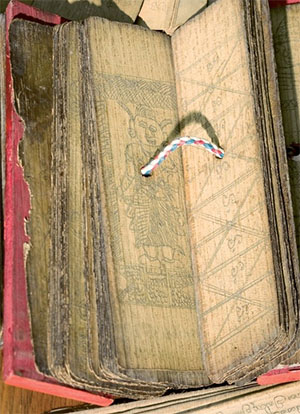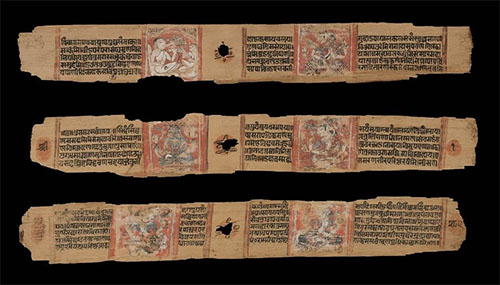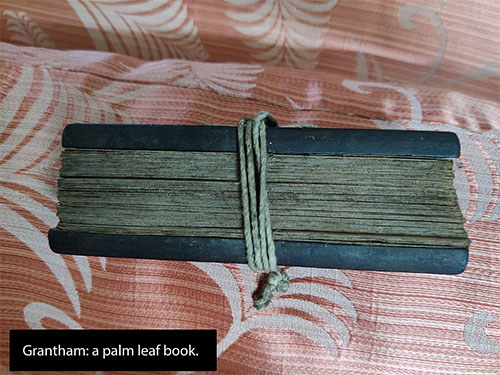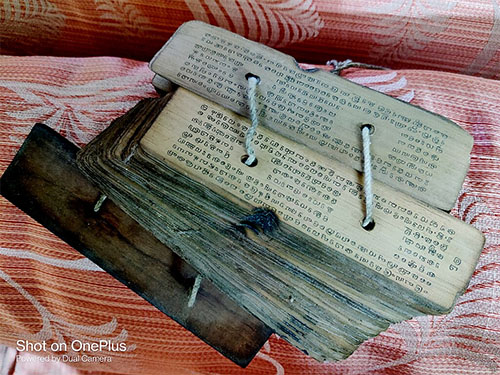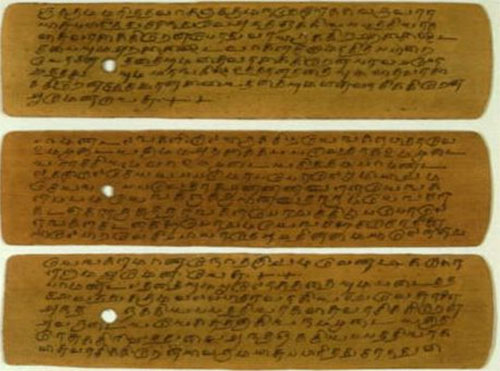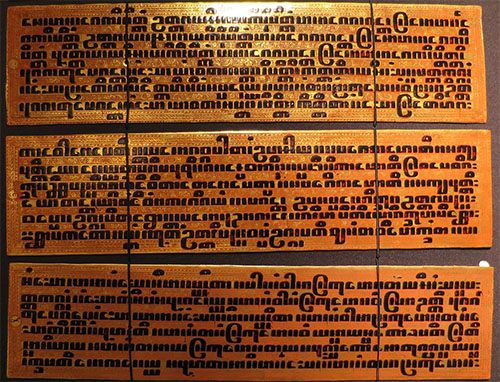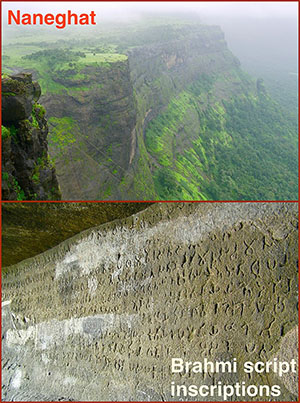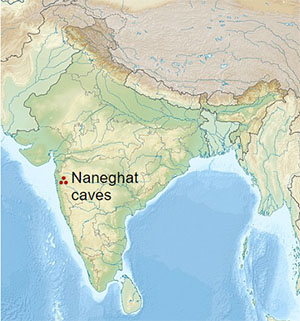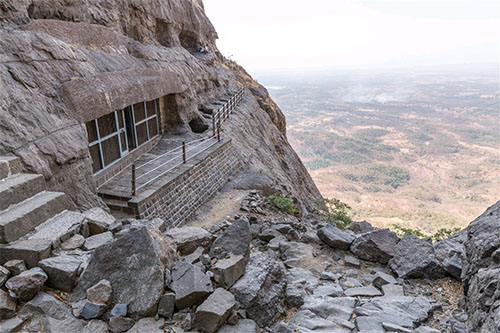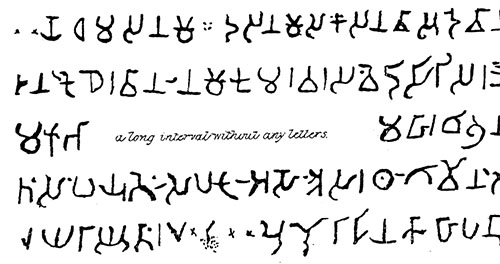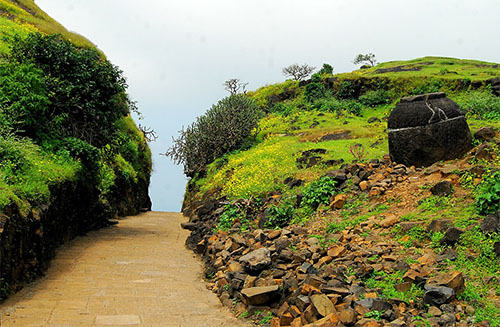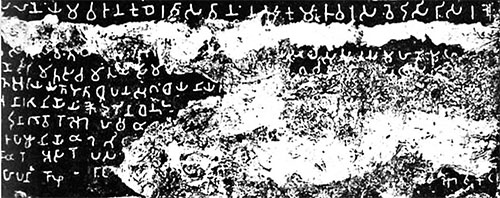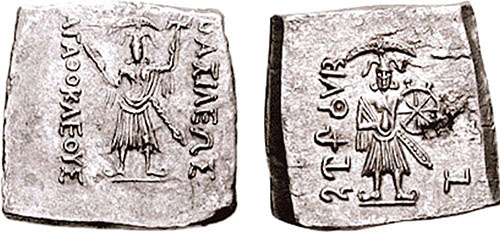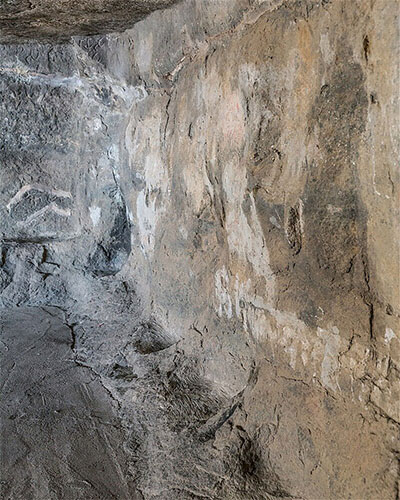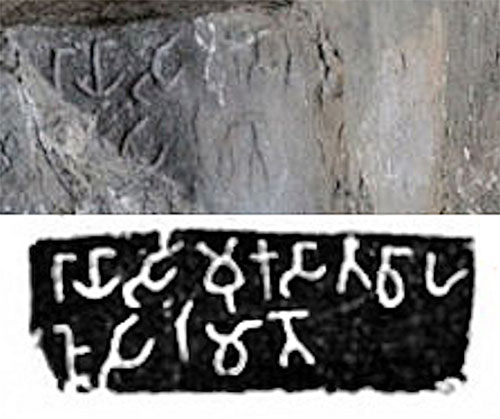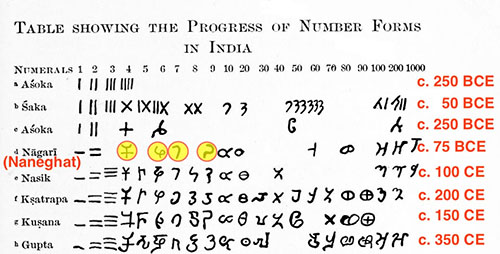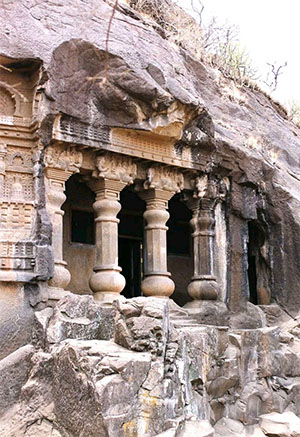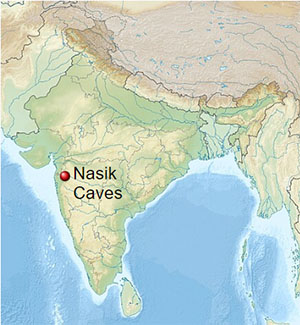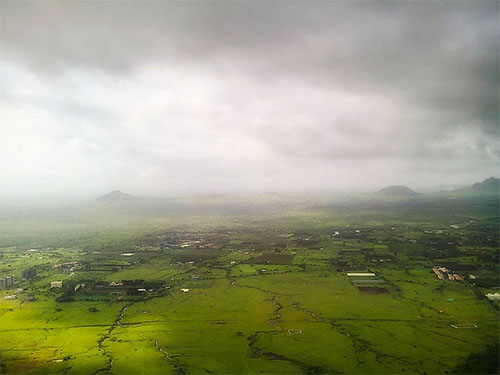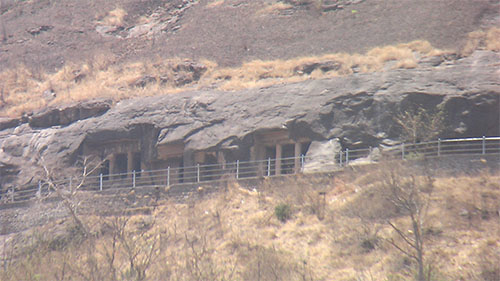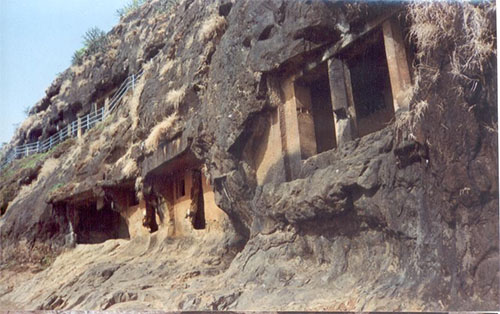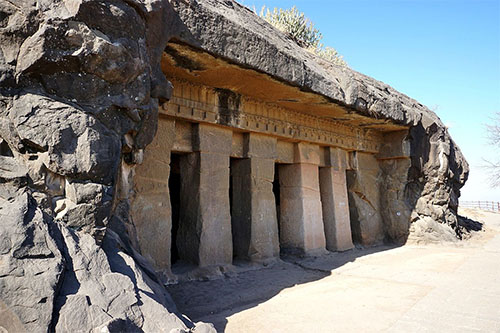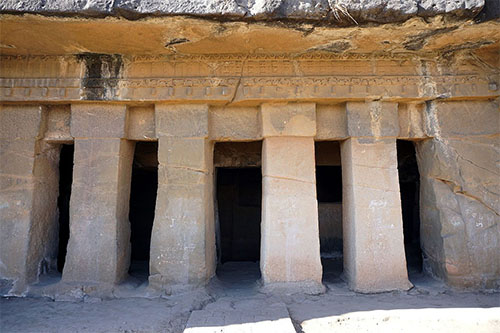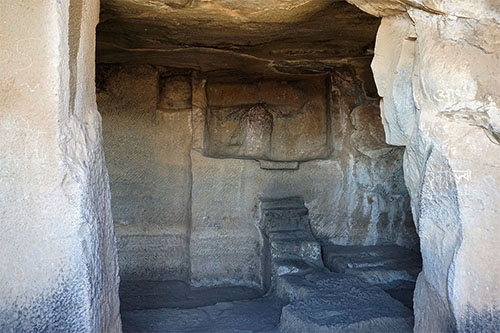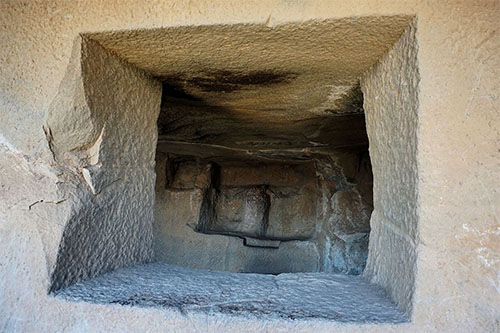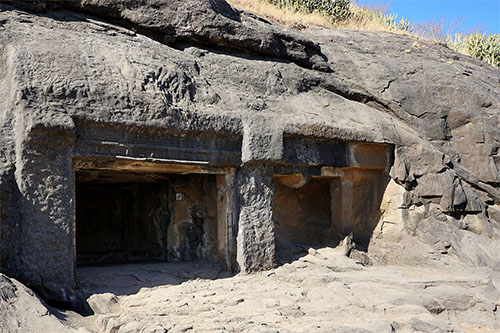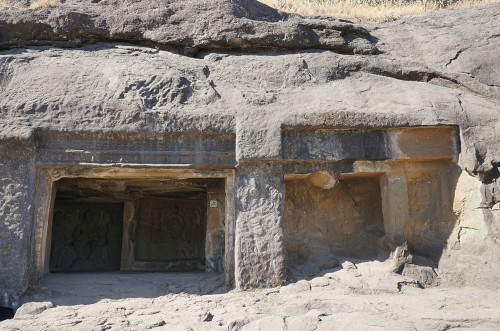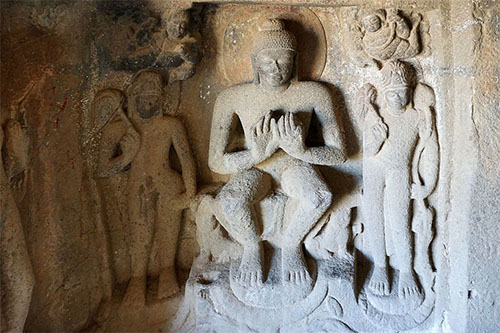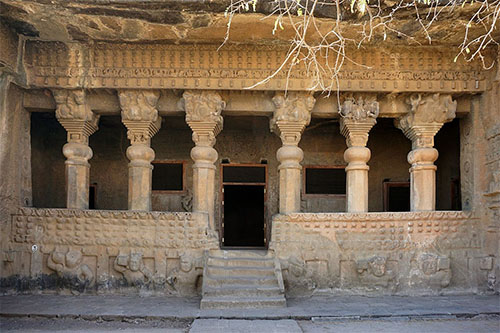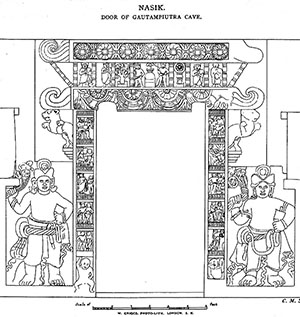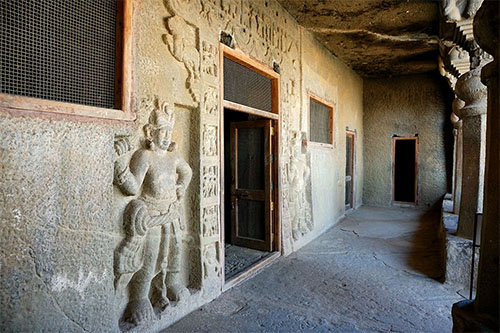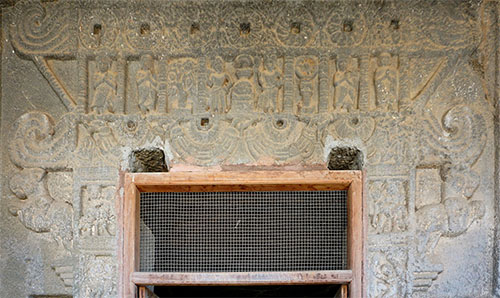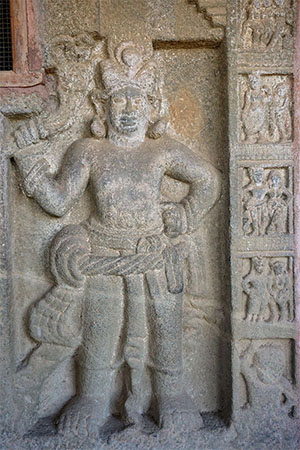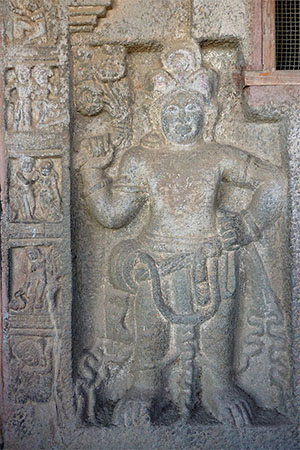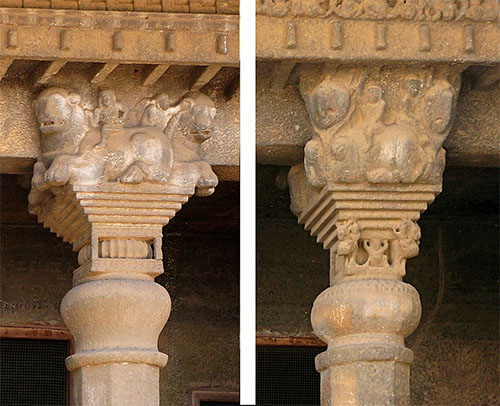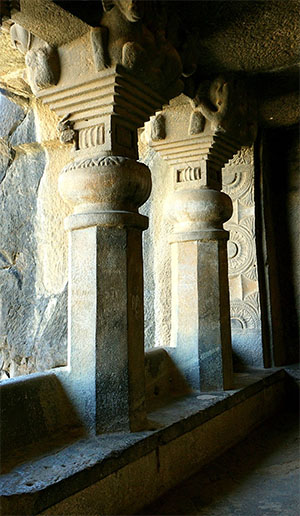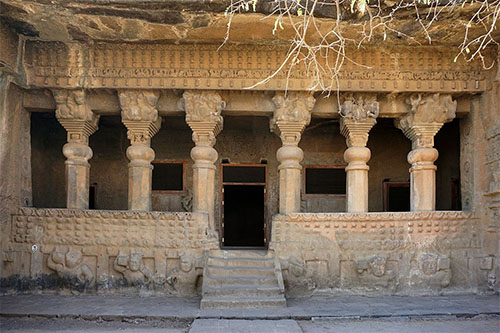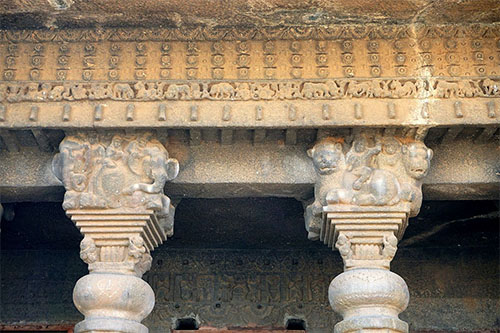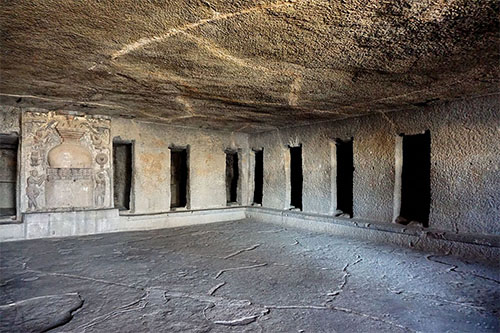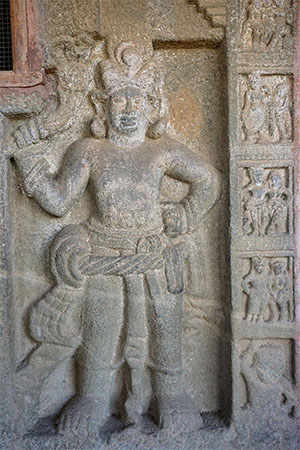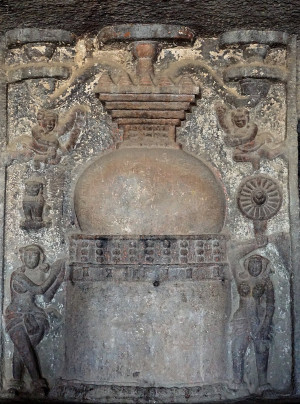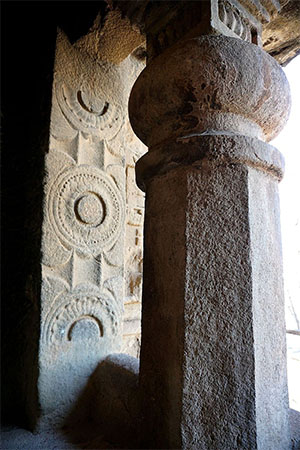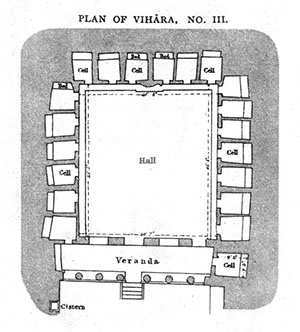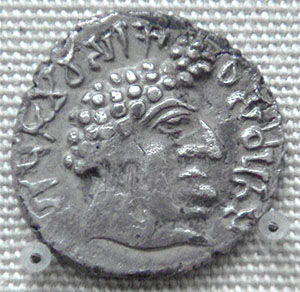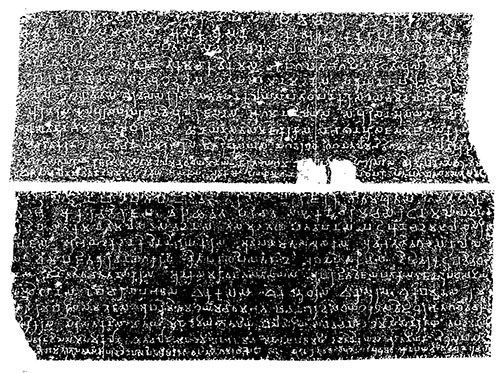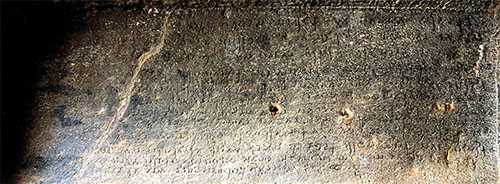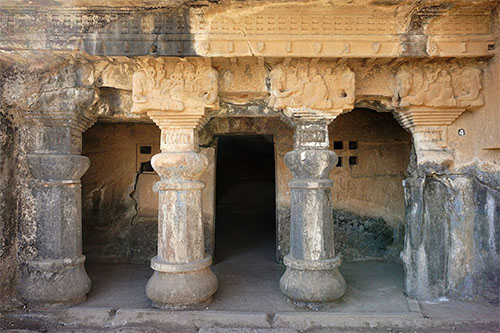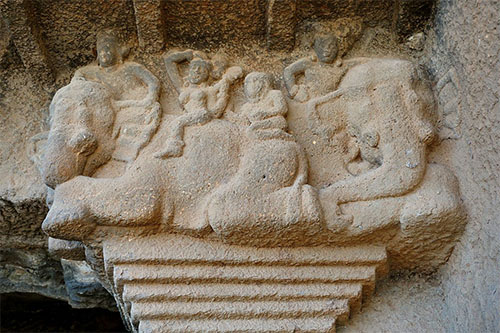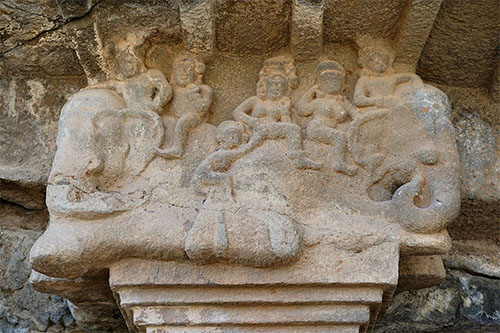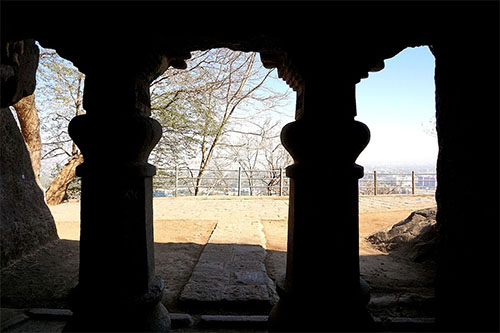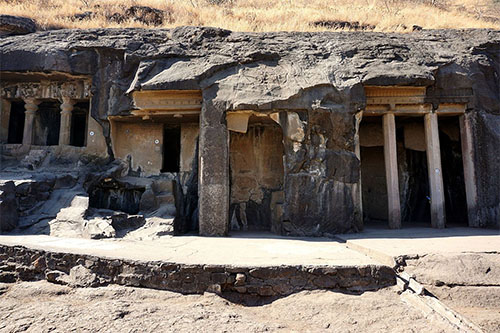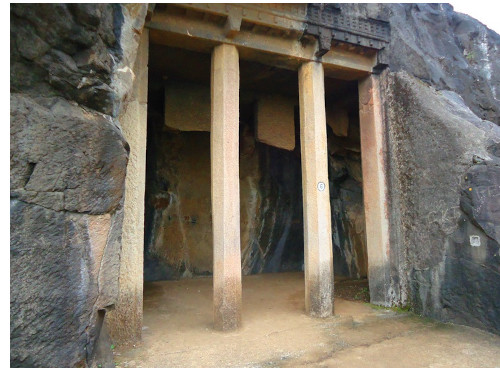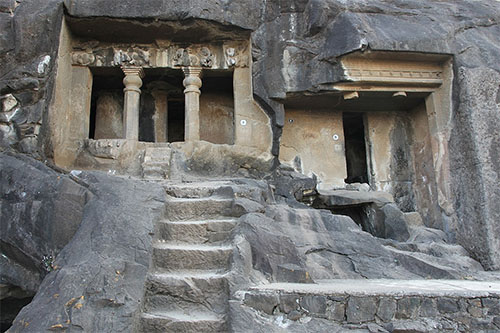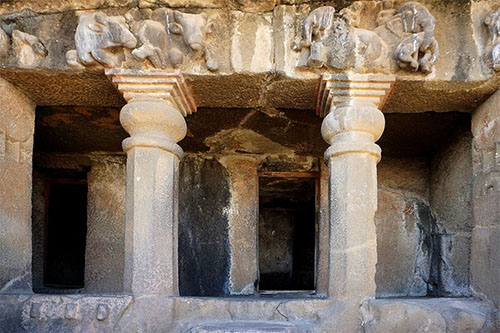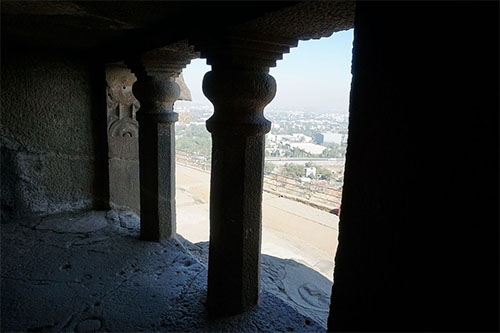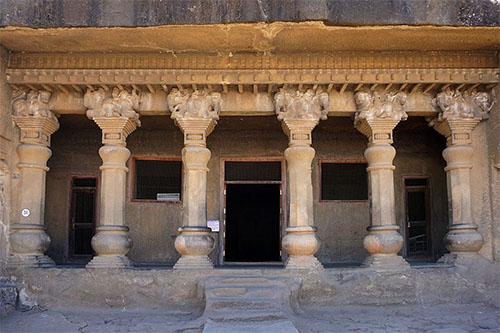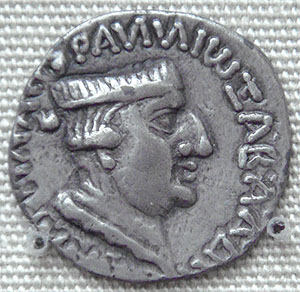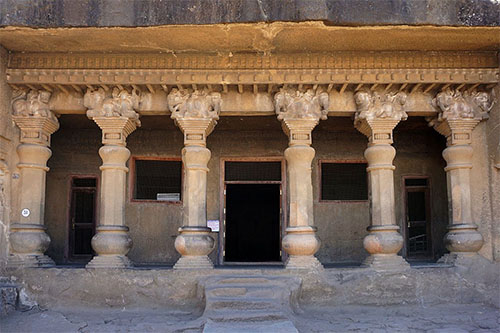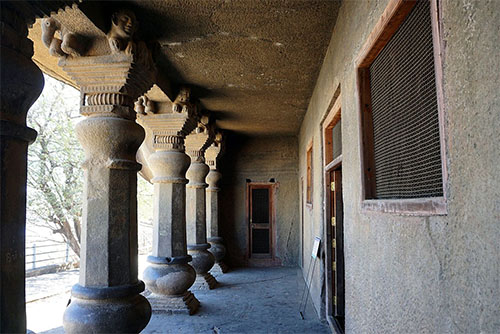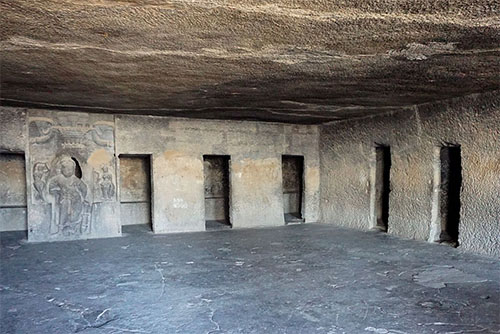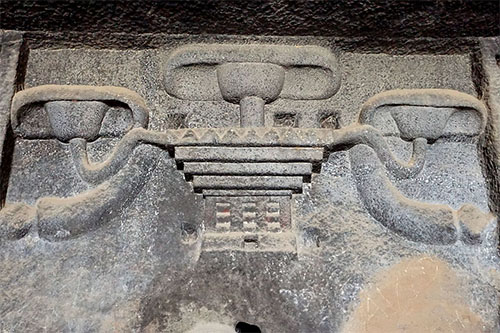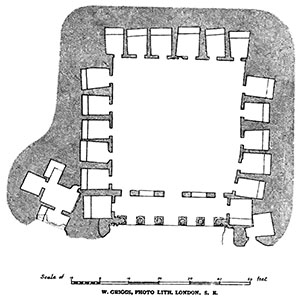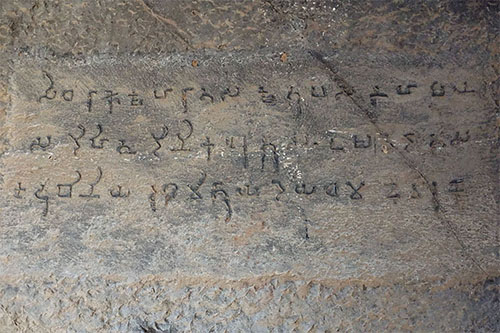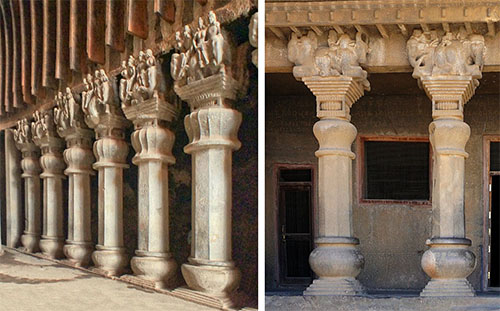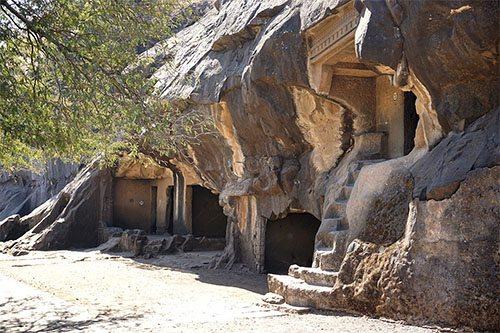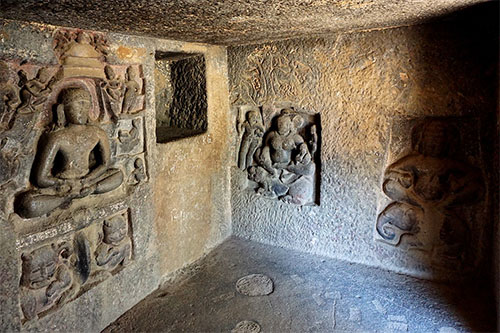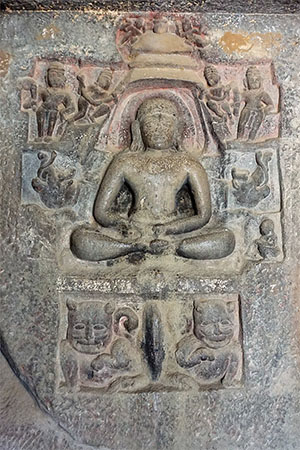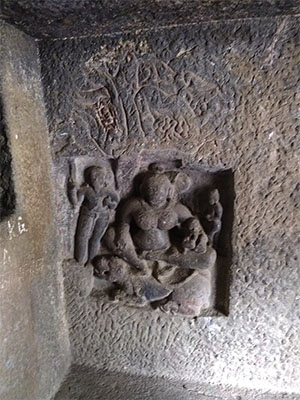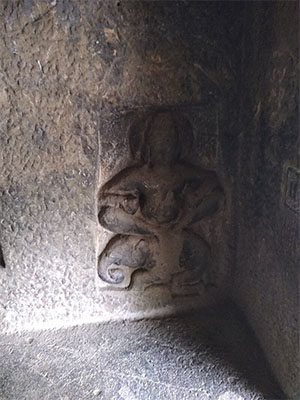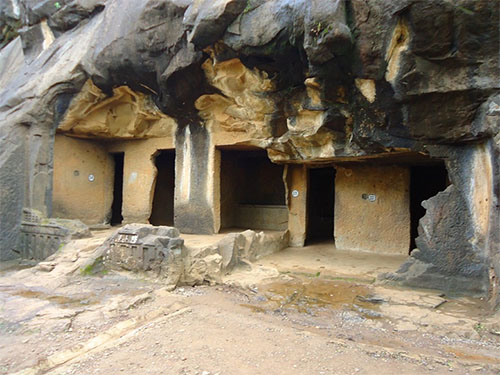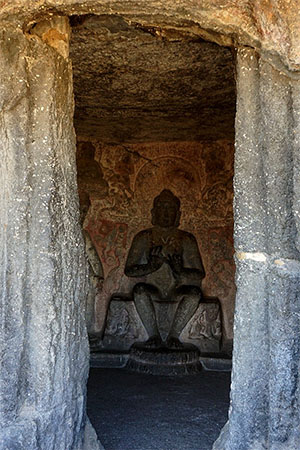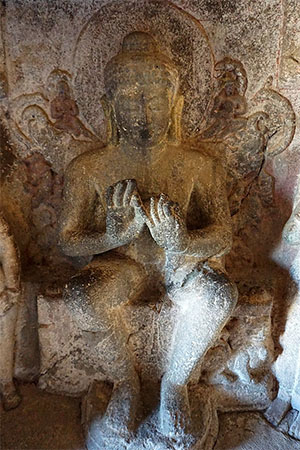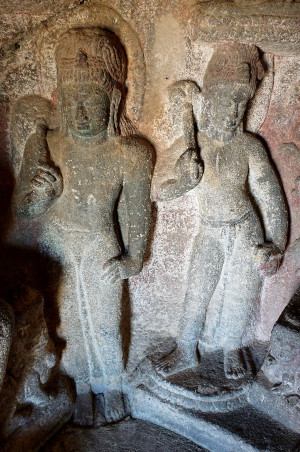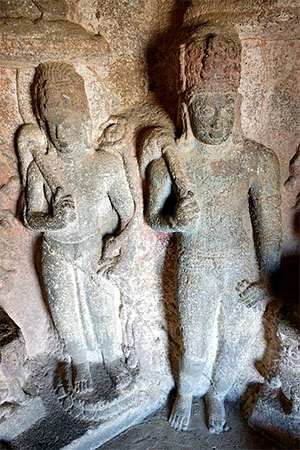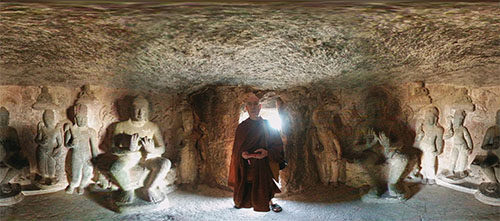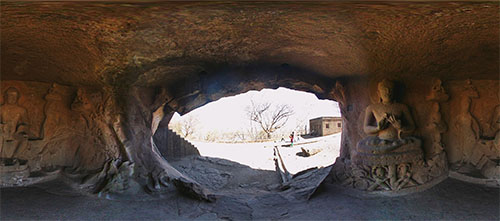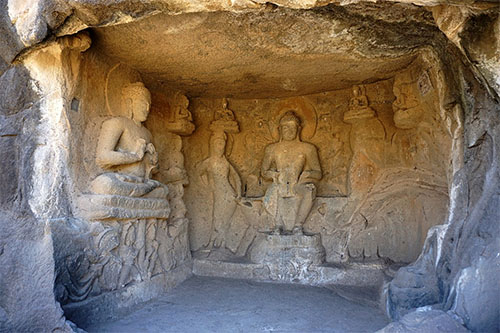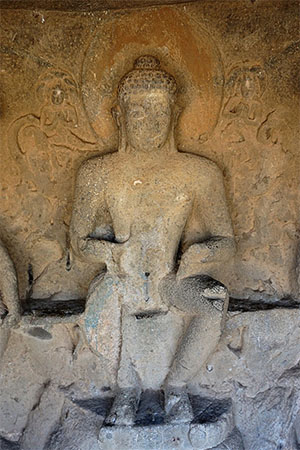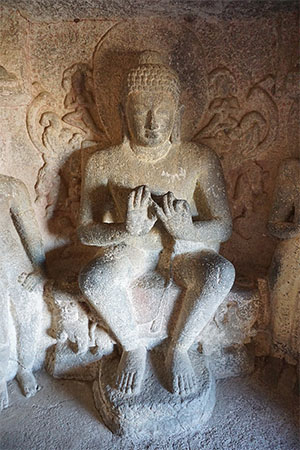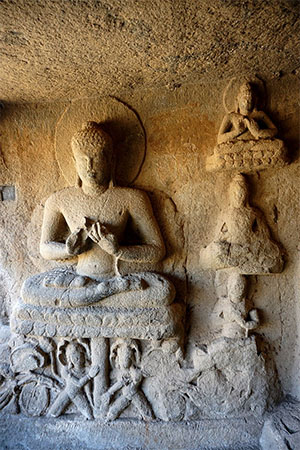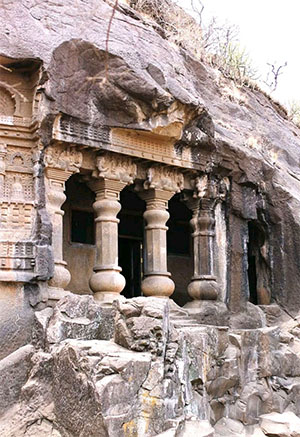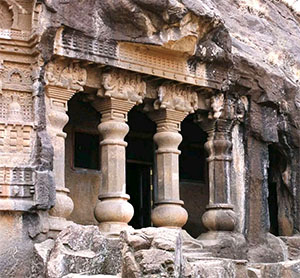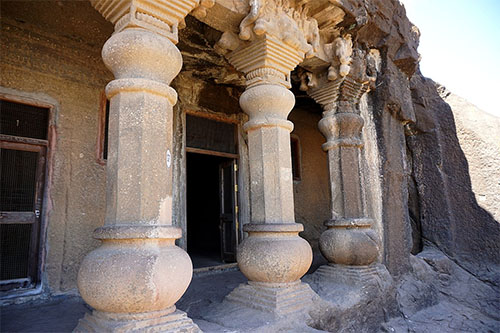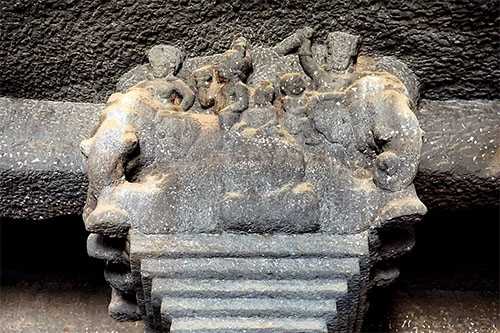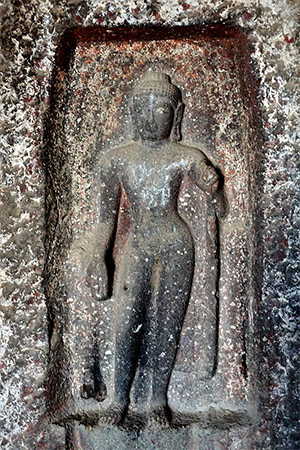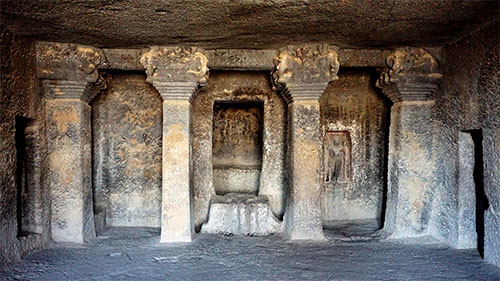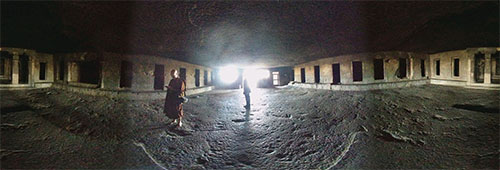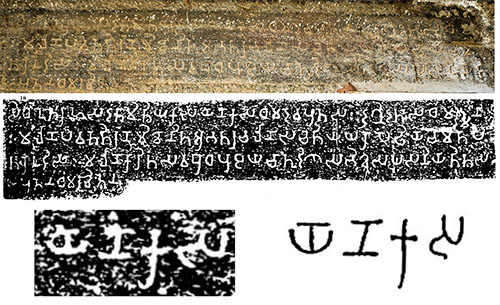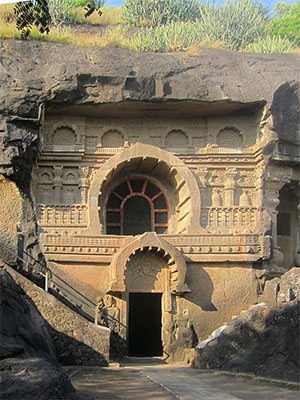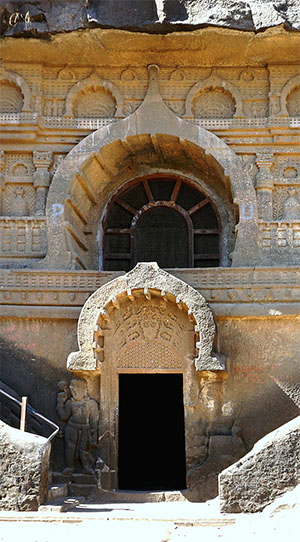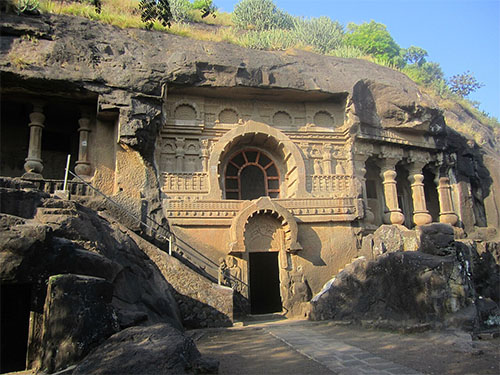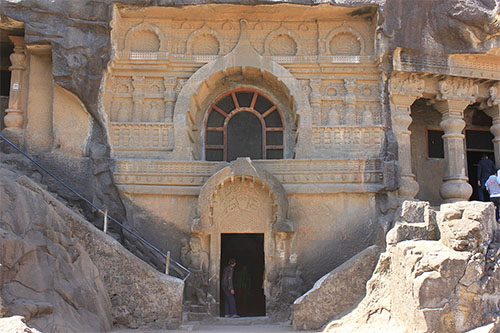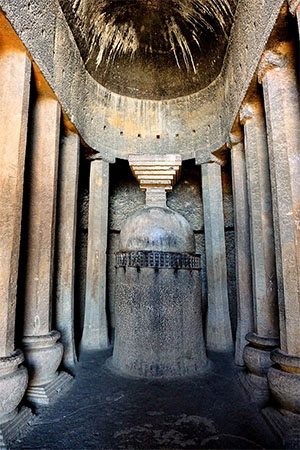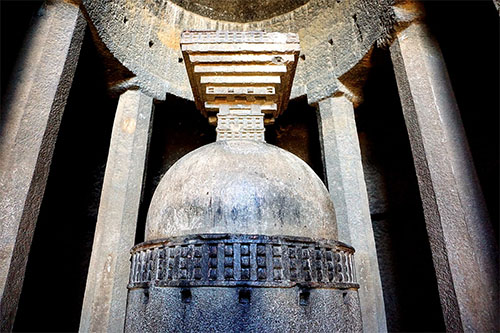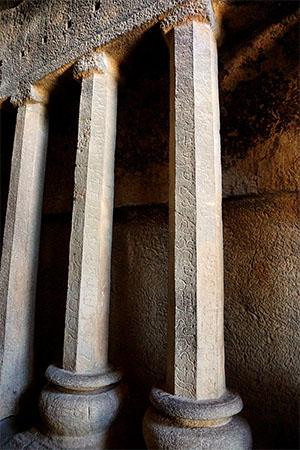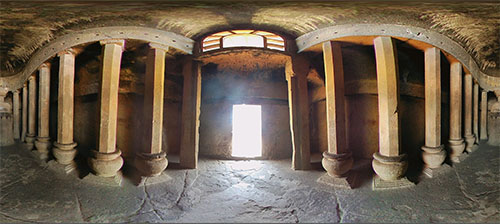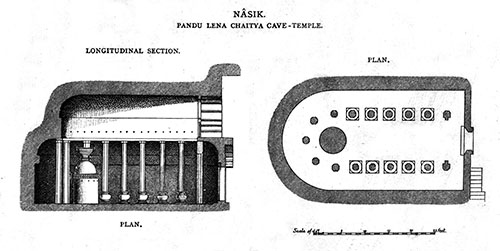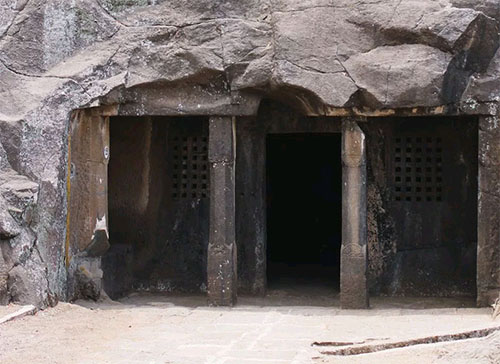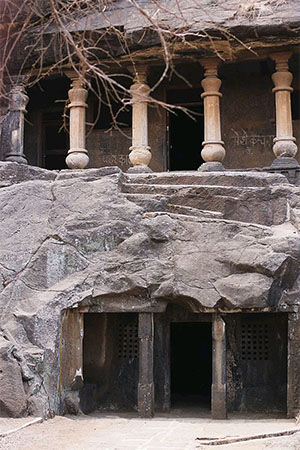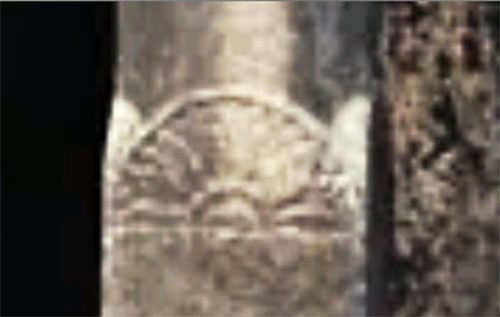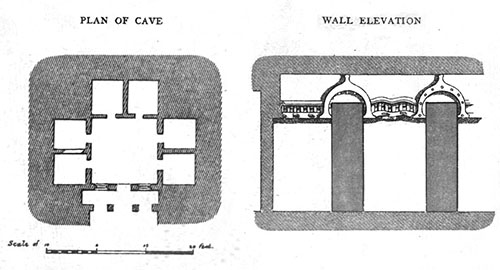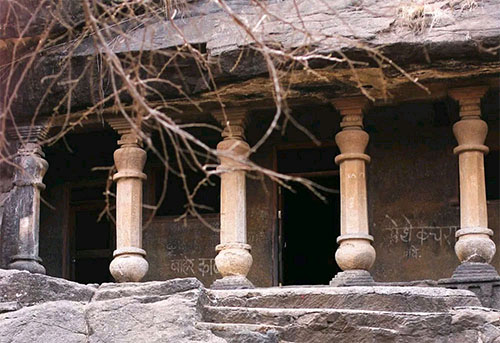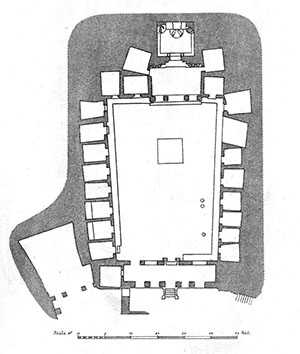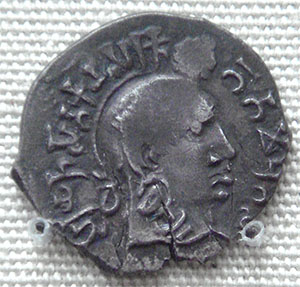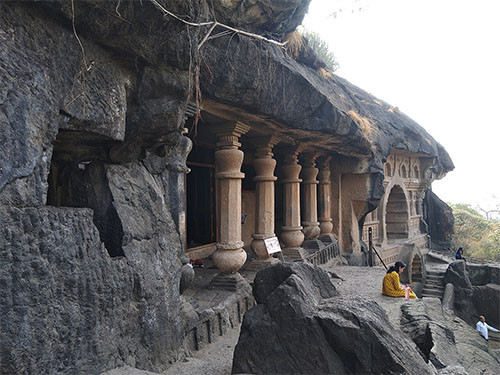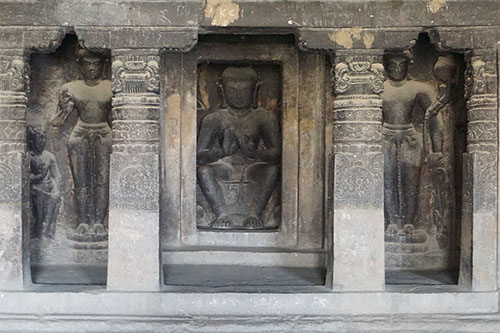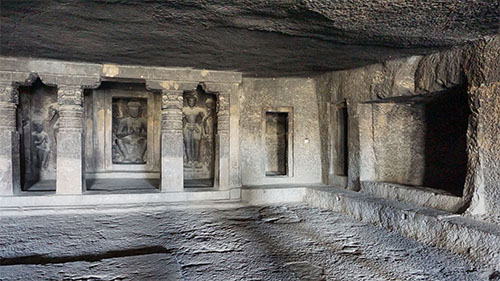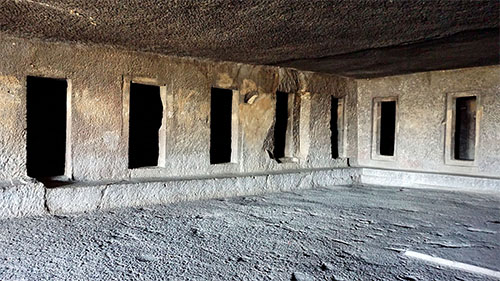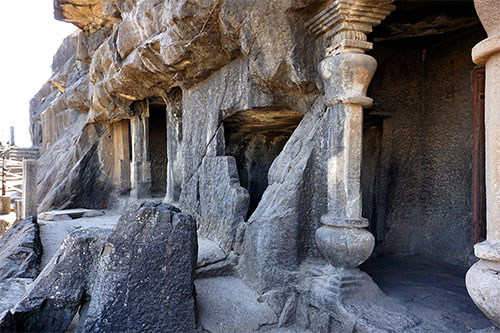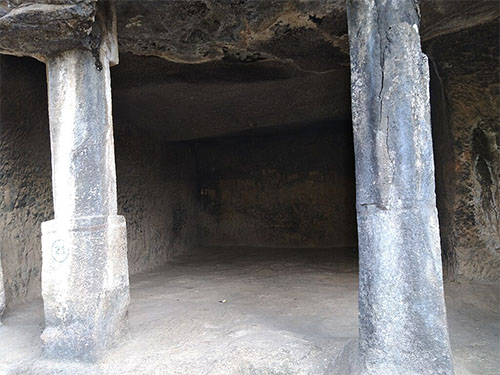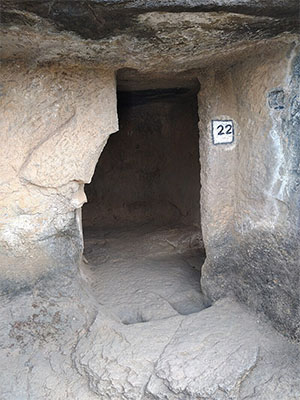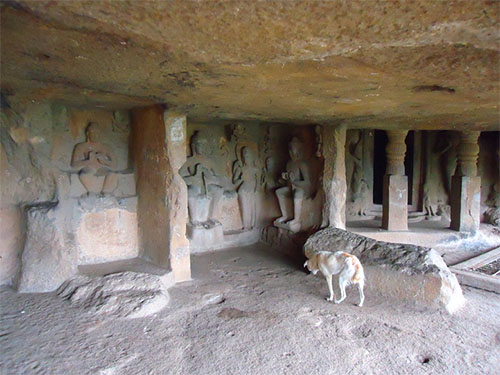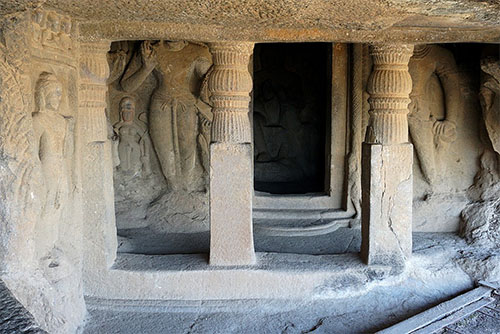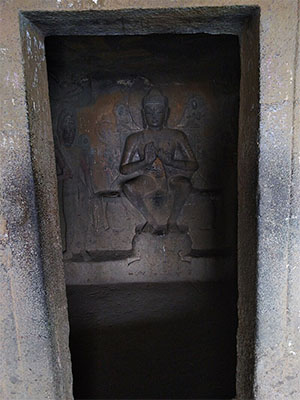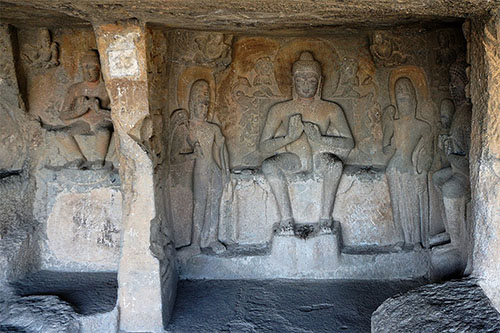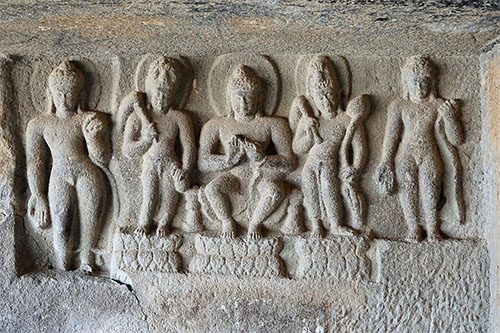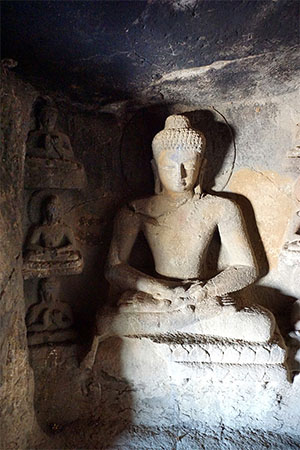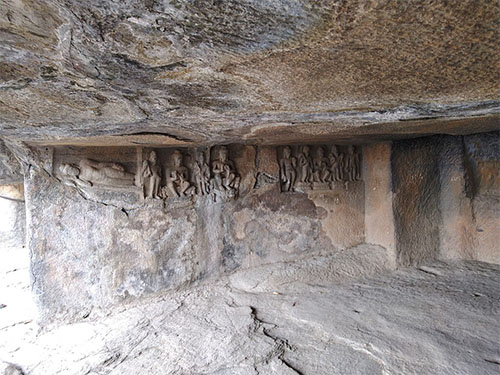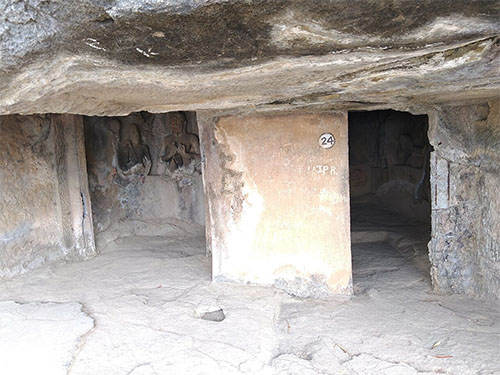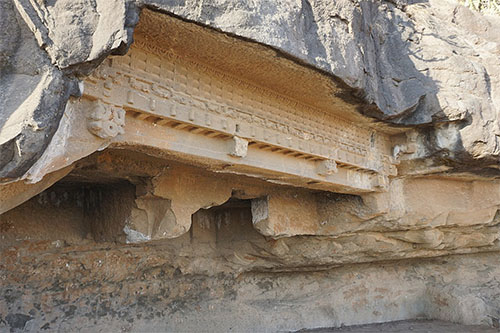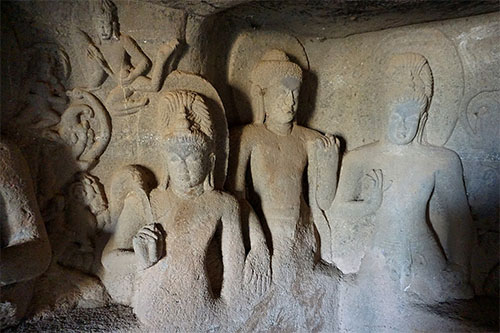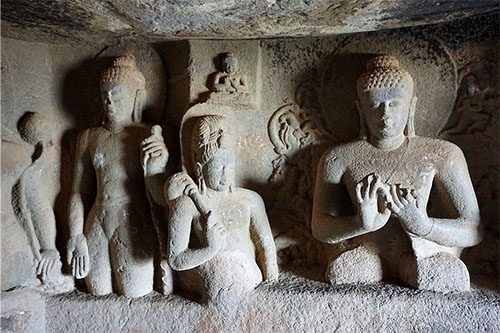by Sir William Jones
The Works of Sir William Jones. In Six Volumes. Vol. VI
1799.
-- The Works of Sir William Jones. In Six Volumes. Vol. I, 1799.
-- The Works of Sir William Jones. In Six Volumes. Vol. II, 1799.
-- The Works of Sir William Jones. In Six Volumes. Vol. III, 1799.
-- The Works of Sir William Jones. In Six Volumes. Vol. IV, 1799.
-- The Works of Sir William Jones. In Six Volumes. Vol. V, 1799.
-- The Works of Sir William Jones. In Six Volumes. Vol. VI, 1799.
Is the precious [x] Oupnek'hat manuscript not said to have been received by D. Jones after the epoch of 1792 from Colonel Polier?
-- Oupnek'hat [Four Upanishads], by Anquetil Duperron
In the early progress of researches into Indian literature, it was doubted whether the Vedas were extant; or, if portions of them were still preserved, whether any person, however learned in other respects, might be capable of understanding their obsolete dialect. It was believed too, that, if a Brahmana really possessed the Indian scriptures, his religious prejudices would nevertheless prevent his imparting the holy knowledge to any but a regenerate Hindu. These notions, supported by popular tales, were cherished long after the Vedas had been communicated to Dara Shucoh [Shikoh], and parts of them translated into the Persian language by him, or for his use. [Extracts have also been translated into the Hindi language; but it does not appear upon what occasion this version into the vulgar dialect was made.] The doubts were not finally abandoned, until Colonel Polier obtained from Jeyepur a transcript of what purported to be a complete copy of the Vedas, and which he deposited in the British Museum. About the same time Sir Robert Chambers collected at Benares numerous fragments of the Indian scripture: General Martine [General Claude Martin]: at a later period, obtained copies of some parts of it; and Sir William Jones was successful in procuring valuable portions of the Vedas, and in translating several curious passages from one of them. [See Preface to Menu, page vi. and the Works of Sir William Jones, vol. vi.] I have been still more fortunate in collecting at Benares the text and commentary of a large portion of these celebrated books; and, without waiting to examine them more completely than has been yet practicable, I shall here attempt to give a brief explanation of what they chiefly contain.
-- Essays on the Religion and Philosophy of the Hindus, by Henry Thomas Colebrooke, Esq.
In 1781–82 Antoine-Louis-Henri Polier, a Swiss Protestant who served in the English East India Company’s army until 1775, had had copies of the Vedas made for him at the court of Pratap Singh at Jaipur. Polier’s intermediary was a Portuguese physician, Don Pedro da Silva Leitão… Jai Singh had assembled a substantial collection of manuscripts from religious sites across India, and in the time of his successor Pratap Singh the library had contained the samhitas of all four Vedas in manuscripts dating from the last quarter of the seventeenth century…
Polier records that he had sought copies of the Veda without success in Bengal, Awadh, and on the Coromandel coast, as well as in Agra, Delhi, and Lucknow and had found that even at Banaras “nothing could be obtained but various Shasters, [which] are only Commentaries of the Baids”…
It is perhaps significant that it was in a royal library, rather than in a Brahmin pathasala, that Polier found manuscripts of the Vedas. But the same is not true of the manuscripts acquired in Banaras only fifteen years later by Henry Thomas Colebrooke, during the period (1795–97) when he was appointed as judge and magistrate at nearby Mirzapur…I cannot conceive how it came to be ever asserted that the Brahmins were ever averse to instruct strangers; several gentlemen who have studied the language find, as I do, the greatest readiness in them to give us access to all their sciences. They do not even conceal from us the most sacred texts of their Vedas.
The several gentlemen would likely have included General Claude Martin, Sir William Jones, and Sir Robert Chambers. These were all East India Company employees who obtained Vedic manuscripts (Jones from Polier) in the last decades of the eighteenth century.
Why was it so much easier for Polier, Colebrooke, and others to obtain what it had been so difficult for the Jesuits and impossible for the Pietists?...
-- The Absent Vedas, by Will Sweetman
Pg. 413
EXTRACTS FROM THE VEDAS
The following fragments were submitted to the perusal of a friend * [Lord Teignmouth.], and are now published at his recommendation, communicated to the Editor in the following terms:
"The fragments submitted to my perusal, consist of translations of passages in the Vedas, and appear to be materials selected by Sir William Jones, for the elucidation of a Dissertation 'On the Primitive Religion of the Hindus.' This Dissertation was professedly intended, "to remove the veil from the supposed mysteries of the primeval Indian Religion;' and it is much to be regretted, that it was never completed, and that the fragments, which are extremely curious and interesting, cannot be published with that elucidation which they would have received from the pen of the translator. I recommend, however, the publication of them, as well as of the following extract."
EXTRACT FROM A DISSERTATION ON THE PRIMITIVE RELIGION OF THE HINDUS.
******** but that I may not seem to appropriate the merit of discoveries which others have previously made, I think it necessary to say, that the original Gayatri, or holiest verse in the Veda, has already been published, though very incorrectly, by Fra Manuel da Assomcaon, a successful missionary from Portuagal, who have have received it, as his countrymen assert, from a converted Brahman; that the same venerable text was seen in the hand of Mr. Wilkins, who no doubt well understood it, by two Pandits of my acquaintance; and that a paraphrase of it in Persian may be found in the curious work of Darashucuh [Dara Shikoh], which deserves to be mentioned very particularly. That amiable, but impolitic prince, who sacrificed his throne, and his life, to a premature declaration of his religious opinions, had employed six months, as he tells us, at Banaras, in translating, and explaining, fifty-one Upanishads, or secrets of the old Indian scripture; but he translated only the verbal interpretation of his Pandits, and blended the text of the Veda, with different glosses, and even with the conversation, I believe, of his living Hindu expositors, who are naturally so loquacious, that when they have began talking, they hardly know how to close their lips.
Of this book I procured, with the assistance of Colonel Polier, a complete copy, corrected by a learned Raja, named Anandaram, with whom the Colonel was very intimate: but though sublime, and majestick, features of the original were discernible, in parts, through folds of the Persian drapery; yet the Sanscrit names were so barbarously written, and the additions of the translator has made the work so deformed, that I resolved to postpone a regular perusal of it till I could compared it with the Sanscrit original ***************
THE GAYATRI OR HOLIEST VERSE OF THE VEDAS.
LET us adore the supremacy of that divine sun * [Opposed to the visible luminary.], the godhead † [Bhargas, a word consisting of three consonants, derived from bha, to shine; ram, to delight; gam, to move.] who illuminates all, who recreates all, from whom all proceed, to whom all must return, whom we invoke to direct our understandings aright in our progress towards his holy seat.
******
What the sun and light are to this visible world, that, are the supreme good, and truth, to the intellectual and invisible universe; and, as our corporeal eyes have a distinct perception of objects enlightened by the sun, thus our souls acquire certain knowledge, by meditating on the light of truth, which emanates from the Being of beings: that is the light by which alone our minds can be directed in the path to beatitude.
apanipado javano grihita,
pasyatyachacshah sa s'rino tyacarnah:
sa vetti vedyam na che tasya vetta. * [Instead of Vetta some copies of the text have chetta for chetayita, or director of the mind, [x].]
tamahuragryam perusham maharitam.
Without hand or foot he runs rapidly, and grasps firmly; without eyes he sees, without ears he hears all; he knows whatever can be known, but there is none who knows him: Him the wife call the great, supreme, pervading spirit.
Of this text, and a few others, Ra'dha'cant has given a paraphrase:
"Perfect truth; perfect happiness; without equal; immortal; absolute unity; whom neither speech can describe, nor mind comprehend; all-pervading; all-transcending; delighted with his own boundless intelligence, not limited by space, or time; without feet, moving swiftly; without hands, grasping all worlds; without eyes, all-surveying; without ears, all-hearing; without an intelligent guide, understanding all; without cause, the first of all causes; all-ruling; all-powerful; the creator, preserver, transformer, of all things; such is the Great One: this the Vedas declare."
1. WHAT relish can there be for enjoyments in this unsound body, filled with bad odours, composed of bones, skin, tendons, membranes, muscles, blood, saliva, tears, ordure and urine, bile and mucus?
2. What relish can there be for enjoyment in this body; assailed by desire and wrath, by avarice and illusion, fear and sorrow, envy and hate, by absence from those whom we love, and by union with those whom we dislike, by hunger and thirst, by disease and emaciation, by growth and decline, by old age and death?
3. Surely we see this universe tending to decay, even as these biting gnats and other insects; even as the grass of the field, and the trees of the forest, which spring up and then perish.
4. But what are they? Others, far greater, have been archers mighty in battle, and some have been kings of the whole earth.
5. Sudhumna, Bhuridhumna, Indradhumna, Cuvalayswa, Yanvana'swa, Avadhyaswa, Aswapati, Sasabindu, HAVISEHANDRA, BARISHSHA, NAHUSHA, SURYATI, YAYATI, VICRAVA, Acshayasena, Priyavrata, and the rest.
6. Marutta likewise, and Bharata, who enjoyed all corporeal delights, yet left their boundless prosperity, and passed from this world to the next.
7. But what are they? Others yet greater, Gandawas, Asuras, Racshasas, companies of spirits, Pisacbas, Uragas, and Grahas, have we seen been destroyed.
8. But what are they? Others, greater still, have been changed; vast rivers dried; mountains torn up; the pole itself moved from its place; the cords of the stars rent asunder; the whole earth itself deluged with water; even the suses or angels hurled from their stations.
9. In such a world, then, what relish can there be for enjoyment? Thou alone art able to raise up. I am in this world like a frog in a dry well: Thou only, O Lord, art my refuge: thou only art my refuge.
***
1. MAY that soul of mine, which mounts aloft in my waking hours, as an ethereal spark, and which, even in my slumber, has a like ascent, soaring to a great distance, as an emanation from the light of lights, be united by devout meditation with the Spirit supremely blest, and supremely intelligent!
2. May that soul of mine, by an agent similar to which the low-born perform their menial works, and the wise, deeply versed in sciences, duly solemnize their sacrificial rite; that soul, which was itself the primeval oblation placed within all creatures, be united by devout meditation with the Spirit supremely blest, and supremely intelligent!
3. May that soul of mine, which is a ray of perfect wisdom, pure intellect and permanent existence, which is the unextinguishable light fixed within created bodies, without which no good act is performed, be united by devout meditation with the Spirit supremely blest, and supremely intelligent!
4. May that soul of mine, in which, as an immortal essence, may be comprised whatever has past, is present, or will be hereafter; by which the sacrifice, where seven ministers officiate, is properly solemnized; be united by devout meditation with the Spirit supremely blest, and supremely intelligent!
5. May that soul of mine, into which are inserted, like the spokes of a wheel in the axle of a car, the holy texts of the Rigveda, the Saman, and the Yajush; into which is interwoven all that belongs to created forms, be united by devout meditation with the Spirit supremely blest, and supremely intelligent!
6. May that soul of mine, which, distributed in other bodies, guides mankind, as a skilful charioteer guides his rapid horses with reins; that soul which is fixed in my breast, exempt from old age, and extremely swift in its course, be united, by divine meditation, with the Spirit supremely blest, and supremely intelligent!
Veda, and 1st Article of our Church.
"There is one living and true God, everlasting, without body, parts, or passion, of infinite power, wisdom, and goodness; the maker and preserver of all things, both visible. &c. &c."
***
ISAVASYAM; OR, AN UPANISHAD FROM THE YAJUR VEDA.
1. BY one Supreme Ruler is this universe pervaded; even every world in the whole circle of nature. Enjoy pure delight, O man! by abandoning all thoughts of this perishable world; and covet not the wealth of any creature existing.
2. He who, in this life, continually performs his religious duties, may desire to live a hundred years; but even to the end of that period thou shouldst have no other occupation here below.
3. To those regions, where evil spirits dwell, and which utter darkness involves, will such men surely go after death, as destroy the purity of their own souls.
4. There is one supreme Spirit, which nothing can make, more swift than the thought of man. That primeval Mover, even divine intelligences cannot reach: that Spirit, though unmoved, infinitely transcends others, how rapid sever their course.
5. That supreme Spirit moves at pleasure, but in itself is immoveable; it is distant from us, yet very near us; it pervades this whole system of worlds, yet is infinitely beyond it.
6. The man who considers all beings as existing even in the supreme spirit, and the supreme spirit as pervading all beings, henceforth views no creature with contempt.
7. In him who knows, that all spiritual beings are the same in kind with the supreme spirit, what room can there be for delusion of mind, or what room for sorrow when he reflects on the identity of spirit?
8. The pure enlightened soul assumes a luminous form with no gross body, with no perforation, with no veins, or tendons, unblemished, untainted by sin, itself being a ray from the infinite spirit, which knows the past and the future, which pervades all, which existed with no cause but itself, which created all things as they are in ages very remote.
9. They who are ignorantly devoted to the mere ceremonies of religion are fallen into thick darkness, but they surely have a thicker gloom around them who are solely attached to speculative science.
10. A distinct reward, they say, is reserved for ceremonies, and a distinct reward, they say, for divine knowledge; adding, "This we have "heard from sages who declared it to us."
11. He alone is acquainted with the nature of ceremonies, and with that of speculative science, who is acquainted with both at once: by religious ceremonies he passes the gulph of death, and by divine knowledge he attains immortality.
12. They who adore only the appearances and forms of the deity are fallen into thick darkness, but they surely have a thicker gloom around them who are solely devoted to the abstract essence of the divine essence.
13. A distinct reward, they say, is obtained by adoring the forms attributes, and a distinct reward, they say, by adoring the abstract essence; adding: " his we have heard from sages who declare it to us."
14. He only knows the forms and the essence of the deity who adores both at once; by adoring the appearances of the deity, he passes the gulph of death, and by adoring his abstract essence he attains immortality.
15. Unveil, O Thou who givest sustenance to the world, that face of the true sun, which is now hidden by a vase of golden light! so that we may see the truth, and know our whole duty!
15. O Thou who givest sustenance to the world, thou sole mover of all, thou who restrainest sinners, who pervadest yon great luminary, who appearest as the Son of the Creator; hide thy dazzling beams, and expand thy spiritual brightness, that I may view thy most auspicious, most glorious, real form.
"OM, Remember me, divine spirit!"
"OM, Remember my deeds."
17. That all-pervading spirit, that spirit which gives light to the visible sun, even the same in kind am I, though infinitely distant in degree. Let my soul return to the immortal spirit of God, and then let my body, which ends in ashes, return to dust!
18. O spirit, who pervadest fire, lead us in a straight path to the riches of beatitude! Thou, O God, possessest all the treasures of knowledge: remove each foul taint from our souls; we continually approach thee with the highest praise, and the most fervid adoration.
***
FROM THE YAJURVEDA.
1. AS a tree, the lord of the forest, even so, without fiction, is man: his hairs are as leaves; his skin, as exterior bark.
2. Through the skin flows blood; through the rind, sap: from a wounded man, therefore, blood gushes, as the vegetable fluid from a tree that is cut.
3. His muscles are as interwoven fibres; the membrane round his bones as interior bark, which is closely fixed: his bones are as the hard pieces of wood within: their marrow is composed of pith.
4. Since the tree, when felled, springs again, still fresher, from the root, from what root springs mortal man when felled by the hand of death?
5. Say not, he springs from seed: seed surely comes from the living. A tree, no doubt, rises from seed, and after death has a visible renewal.
6. But a tree which they have plucked up by the root, flourishes individually no more. From what root then springs mortal man when felled by the hand of death?
7. Say not he was born before; he is born: who can make him spring again to birth?
8. God, who is perfect wisdom, perfect happiness, He is the final refuge of the man, who has liberally bestowed his wealth, who has been firm in virtue, who knows and adores that Great One.
***
A HYMN TO THE NIGHT.
NIGHT approaches illumined with stars and planets, and looking on all sides with numberless eyes, overpowers all meaner lights. The immortal goddess pervades the firmament covering the low valleys and shrubs and the lofty mountains and trees, but soon she disturbs the gloom with celestial effulgence. Advancing with brightness, at length she recalls her sister Morning; and the nightly shade gradually melts away.
May she, at this time, be propitious! She, in whose early watch, we may calmly recline in our mansion, as birds repose on the tree.
Mankind now sleep in their towns; now herds and flocks peacefully slumber, and winged creatures, even swift falcons and vultures.
O Night, avert from us the she-wolf and the wolf; and oh! suffer us to pass thee in soothing rest!
O Morn, remove, in due time, this black, yet visible, overwhelming darkness which at present infolds me, as thou enablest me to remove the cloud of their debts.
Daughter of heaven, I approach thee with praise, as the cow approaches her milker; accept, O Night, not the hymn only, but the oblation of thy suppliant, who prays that his foes may be subdued.
-- The Works of Sir William Jones. In Six Volumes. Vol. VI, 1799.

